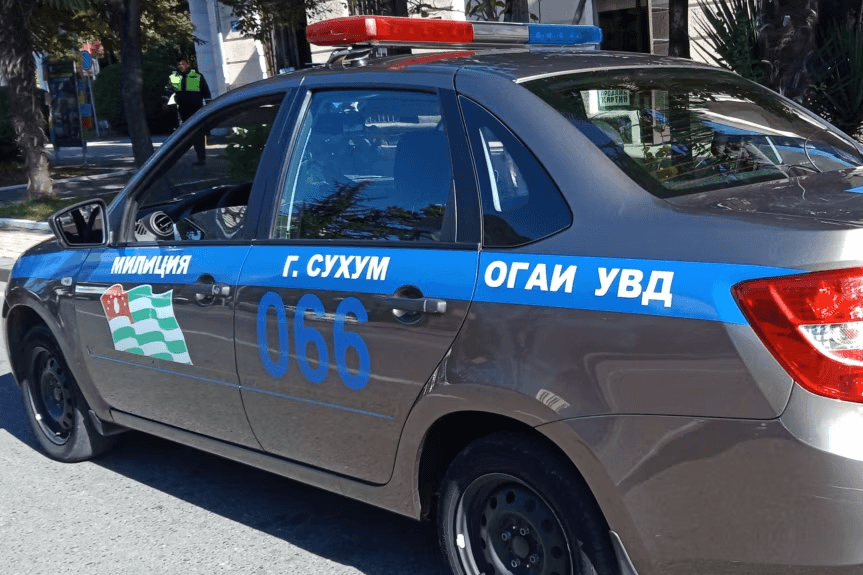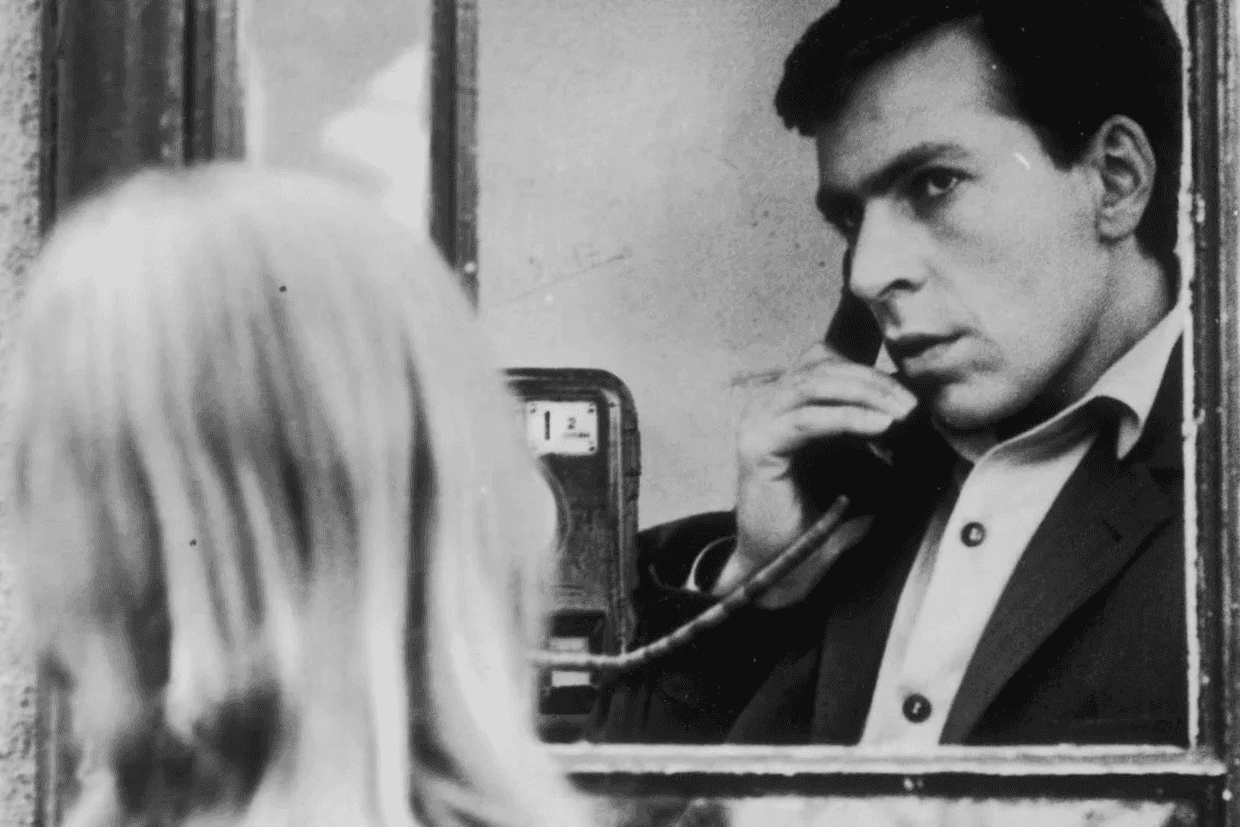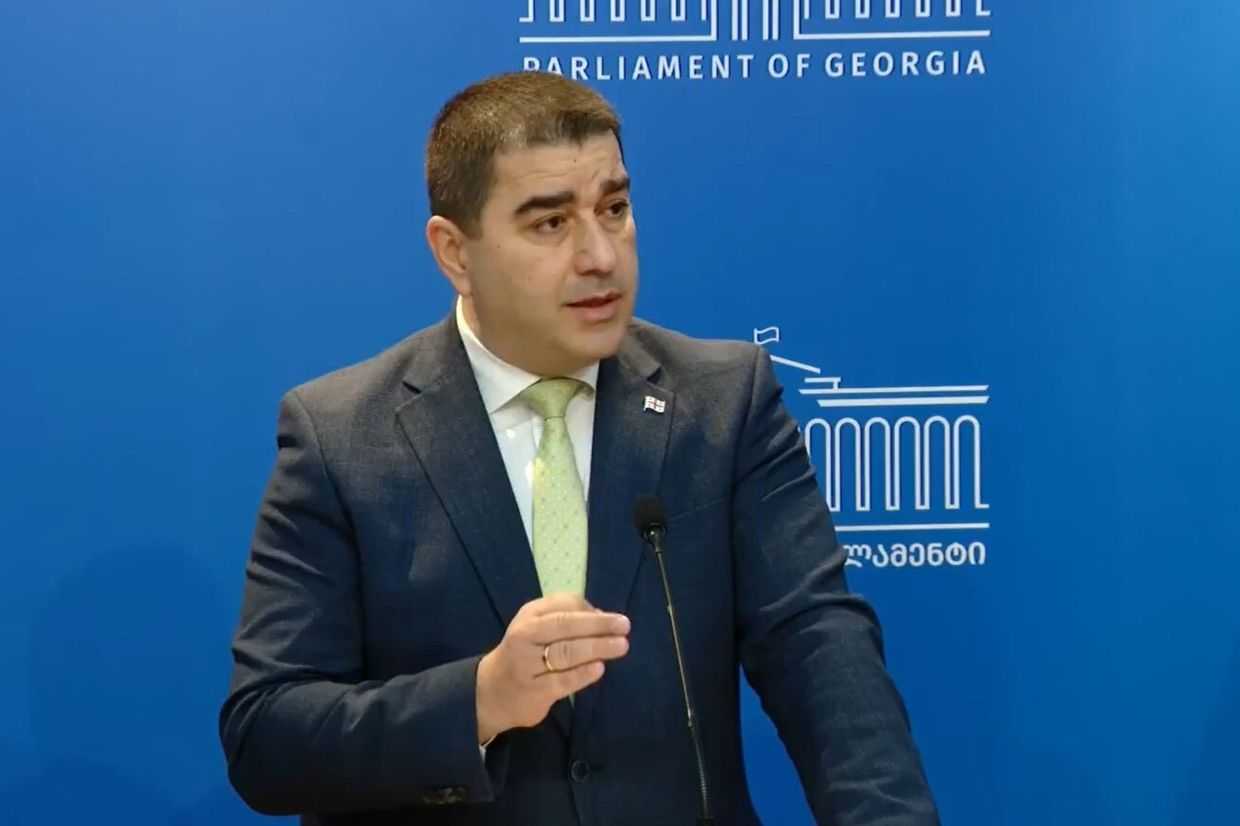
South Ossetian President Anatoly Bibilov has dismissed the government following a protest over the death of 28-year-old local resident Inal Dzhabiyev in police custody.
The news was announced by speaker of parliament Alan Tadtayev on Friday, state-run news agency RES reported.
The decision came following a protest on Friday in the central square of the South Ossetian capital Tskhinvali (Tskhinval).
According to Ekho Kavkaa, around 300 people gathered including MPs and government officials to demand that the government step down and that an investigation be carried out into Dzhabiyev’s death.
David Sanakoev, one of the leaders of the opposition Nykhas Party, reportedly said that what was happening was the result of ‘inaction, cover-ups, lawlessness, and illegal acts committed over the past months’ by the authorities.
Following the protest, Prime Minister Erik Pukhaev resigned.
‘Today I was in the square. I listened to people, some chanted demands for the resignation of the government. I accept this decision’, Pukhaev is quoted as saying.
The unrest follows the publication of photos appearing to show the bruised and beaten body of Inal Dzhabiyev.
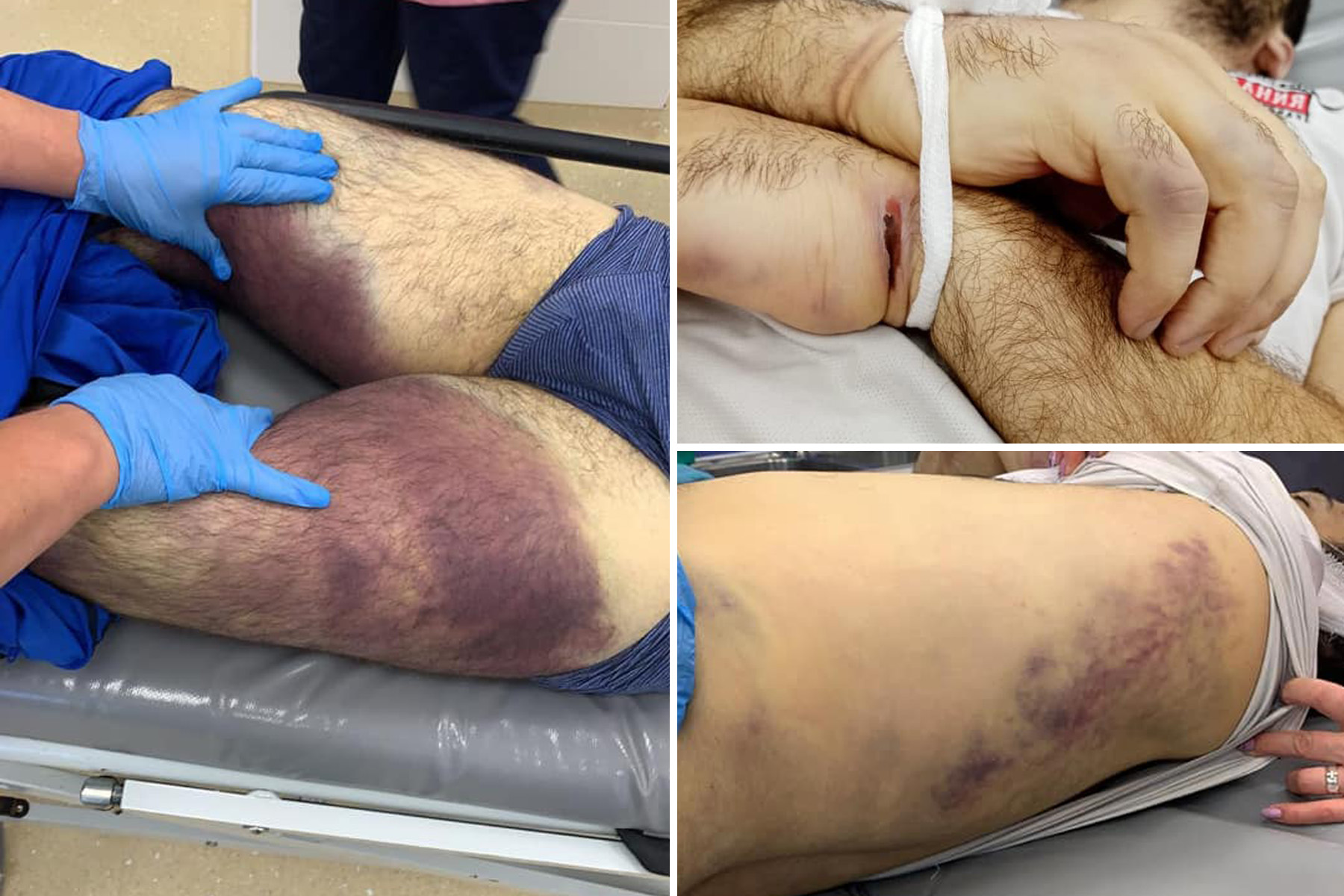
Dzhabiyev was arrested on suspicion of being involved in the attempted assassination of Minister of Internal Affairs Igor Naniev several weeks ago.
The photos had quickly spread among South Ossetians on social media eliciting harsh condemnation.
President Bibilov has responded by announcing a criminal investigation for abuse of power.
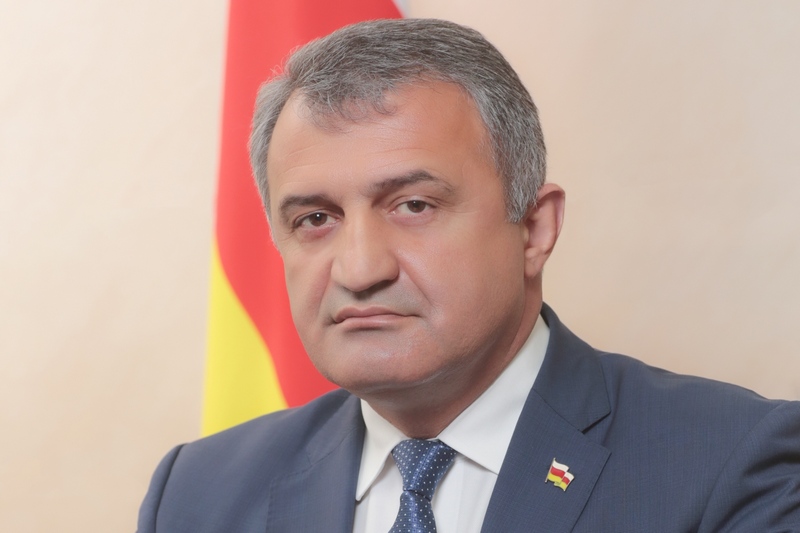
‘Just like the case of the attempt on the life of the Minister of Internal Affairs, I am taking the case of Dzhabiyev’s death under my personal control,’ Bibilov said in a statement.
He added that case materials were being sent to the city of Rostov in Russia for examination, ‘so that we have no doubts that the results are reliable and that no one influenced them’.
On Saturday, parliament convened for an emergency session to discuss the crisis. Addressing the gathered MPs, Speaker of Parliament Alan Tadtayev announced that arrests had already been made and vowed that ‘a decision will be made to punish all those involved.’
For ease of reading, we choose not to use qualifiers such as ‘de facto’, ‘unrecognised’, or ‘partially recognised’ when discussing institutions or political positions within Abkhazia, Nagorno-Karabakh, and South Ossetia. This does not imply a position on their status.



